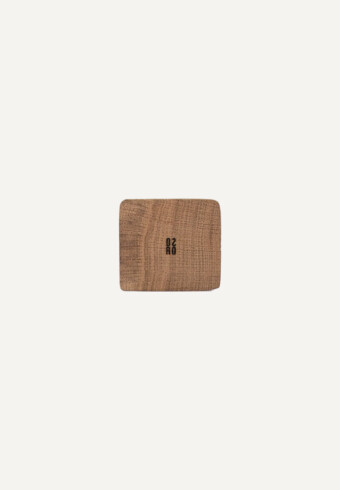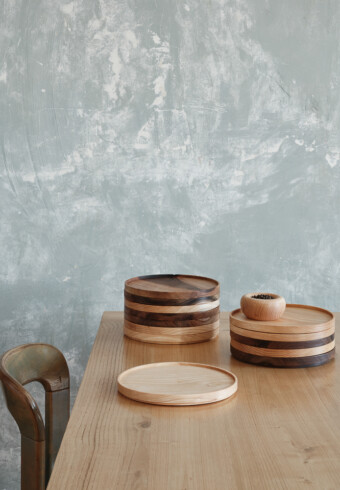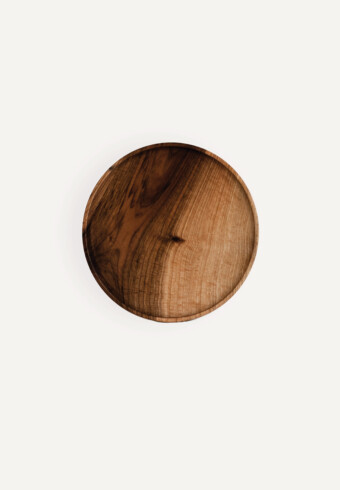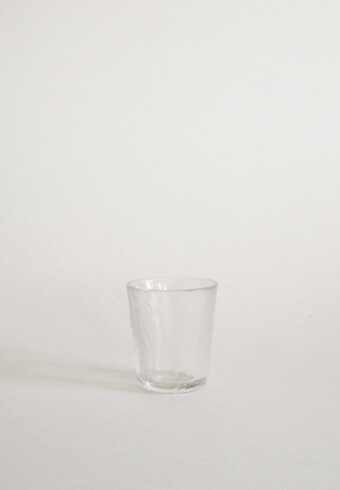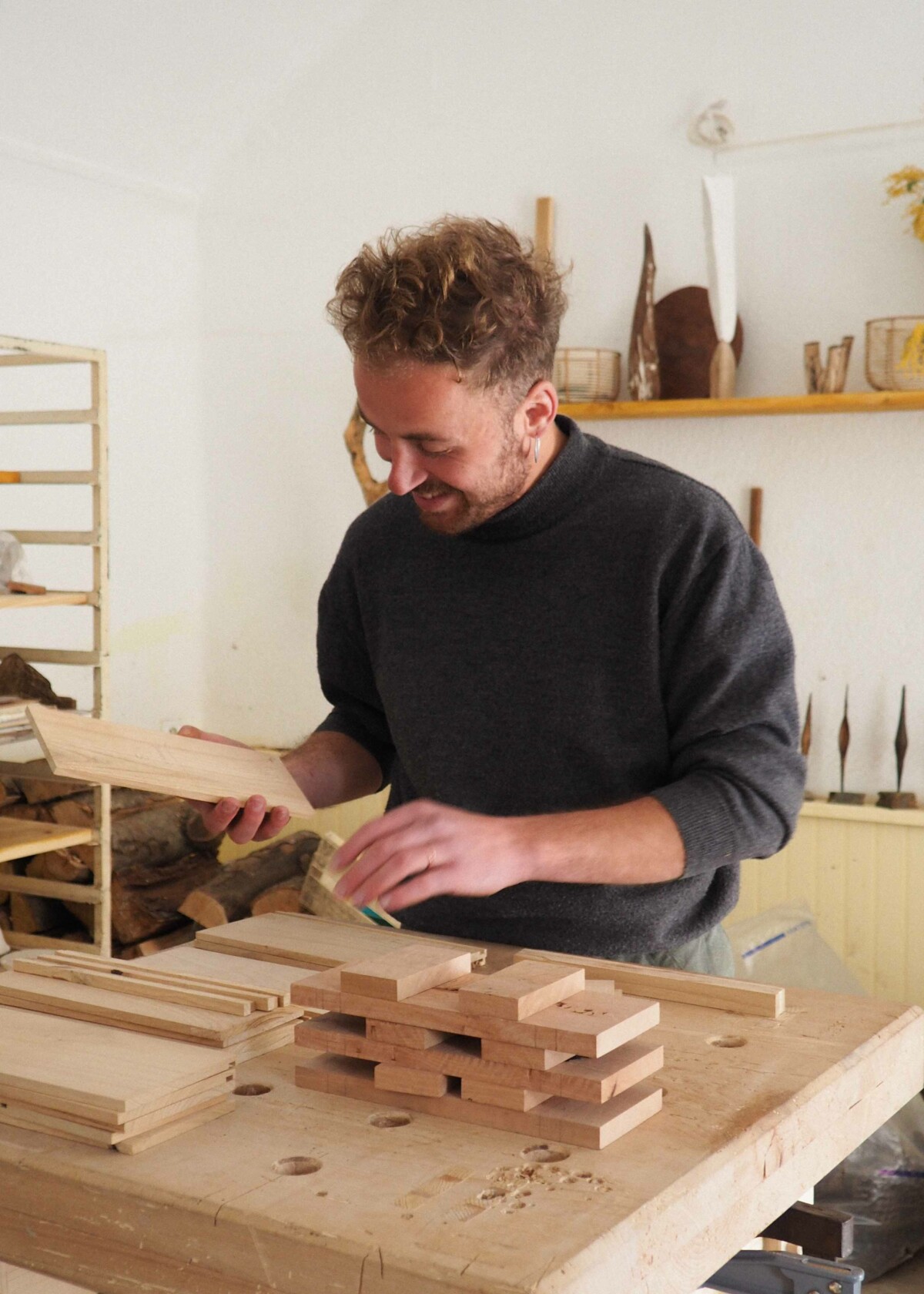
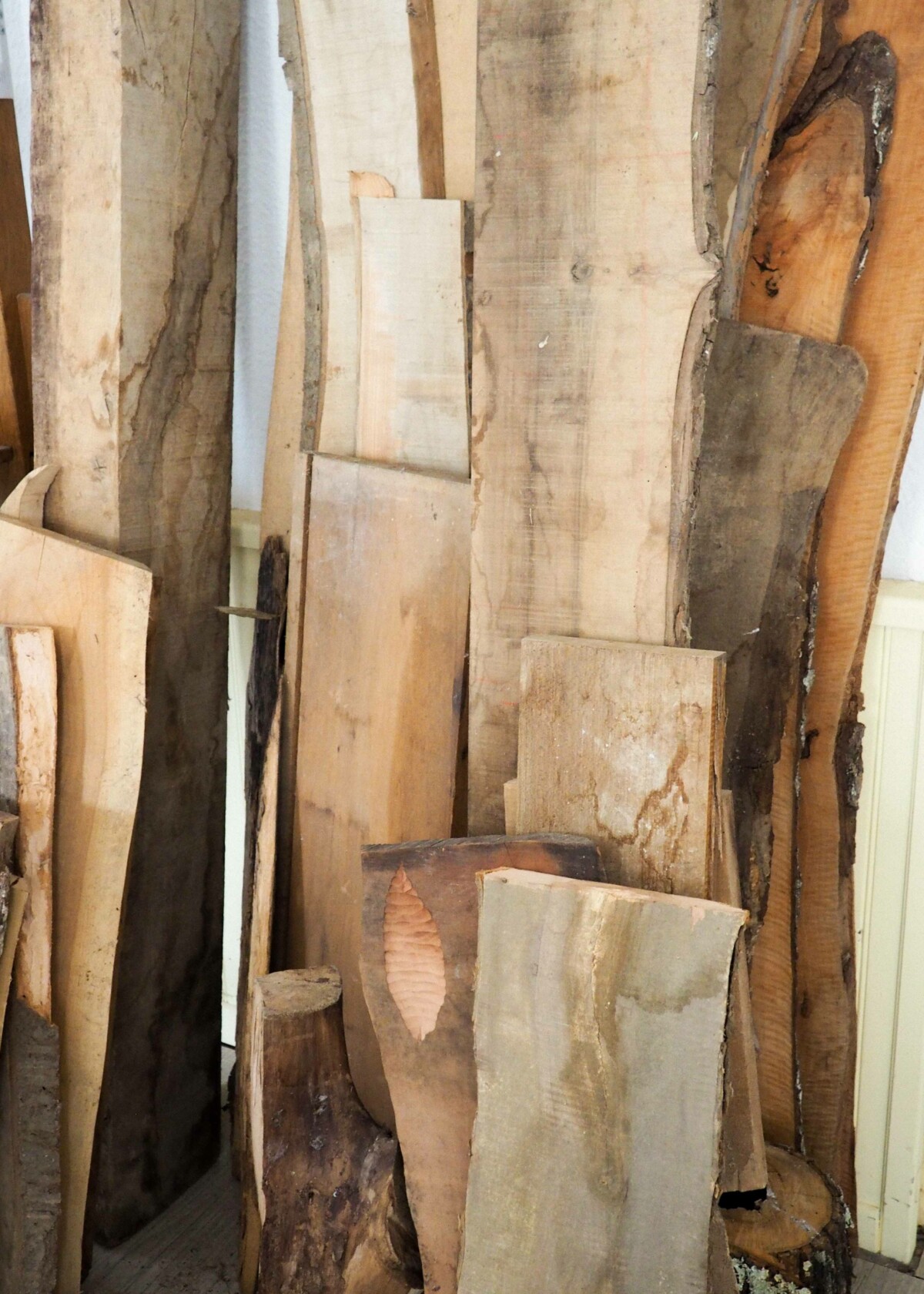
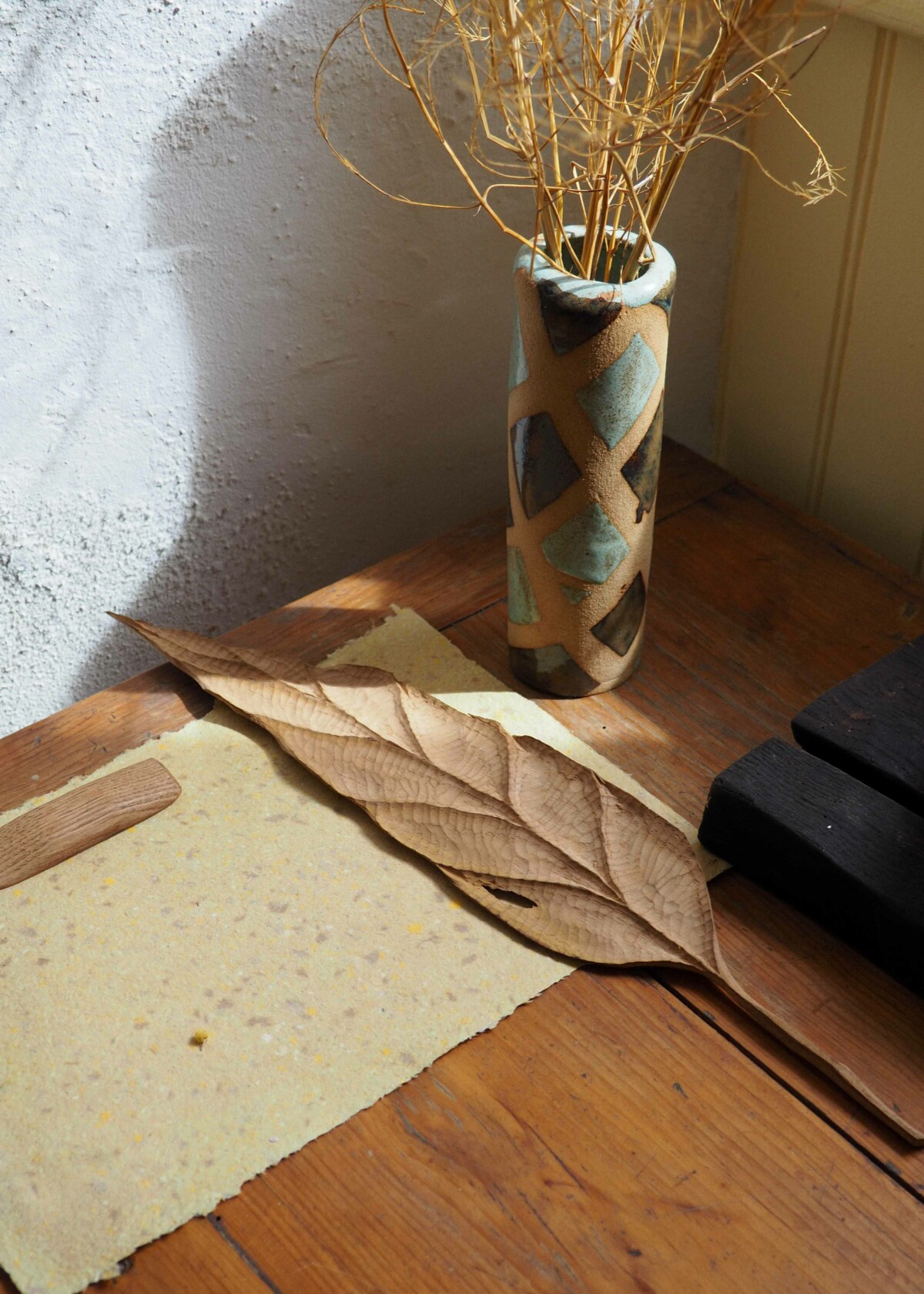
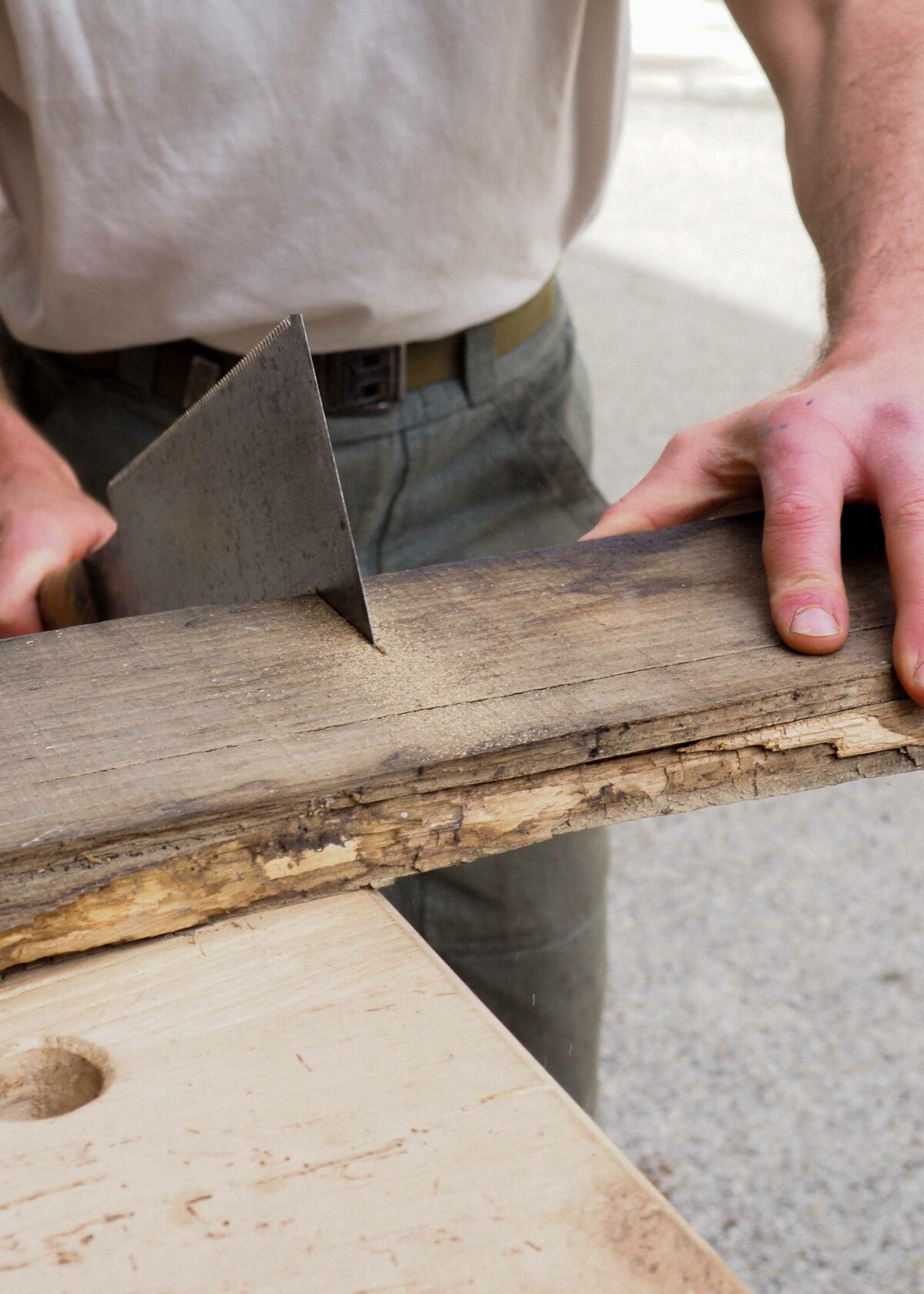
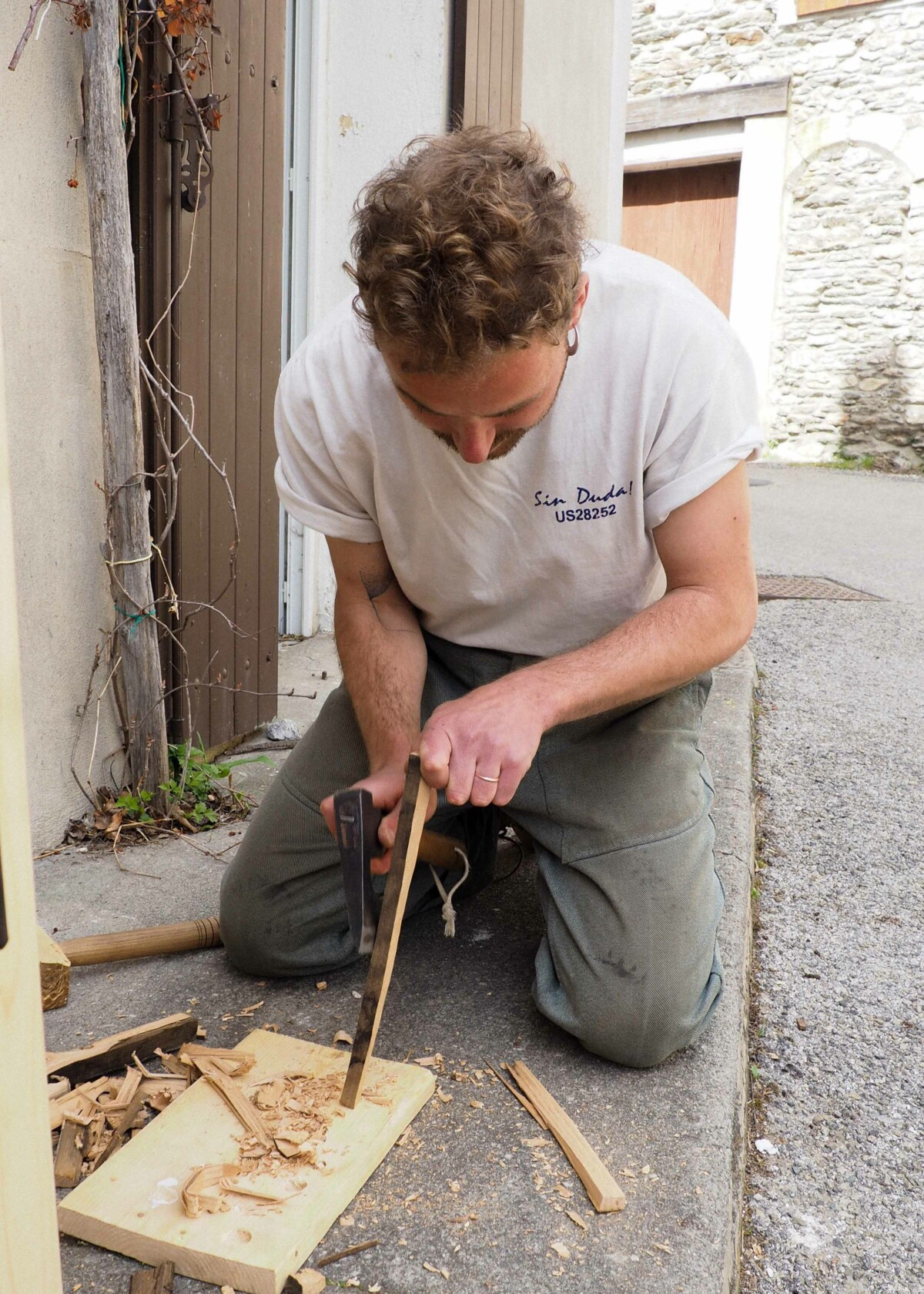
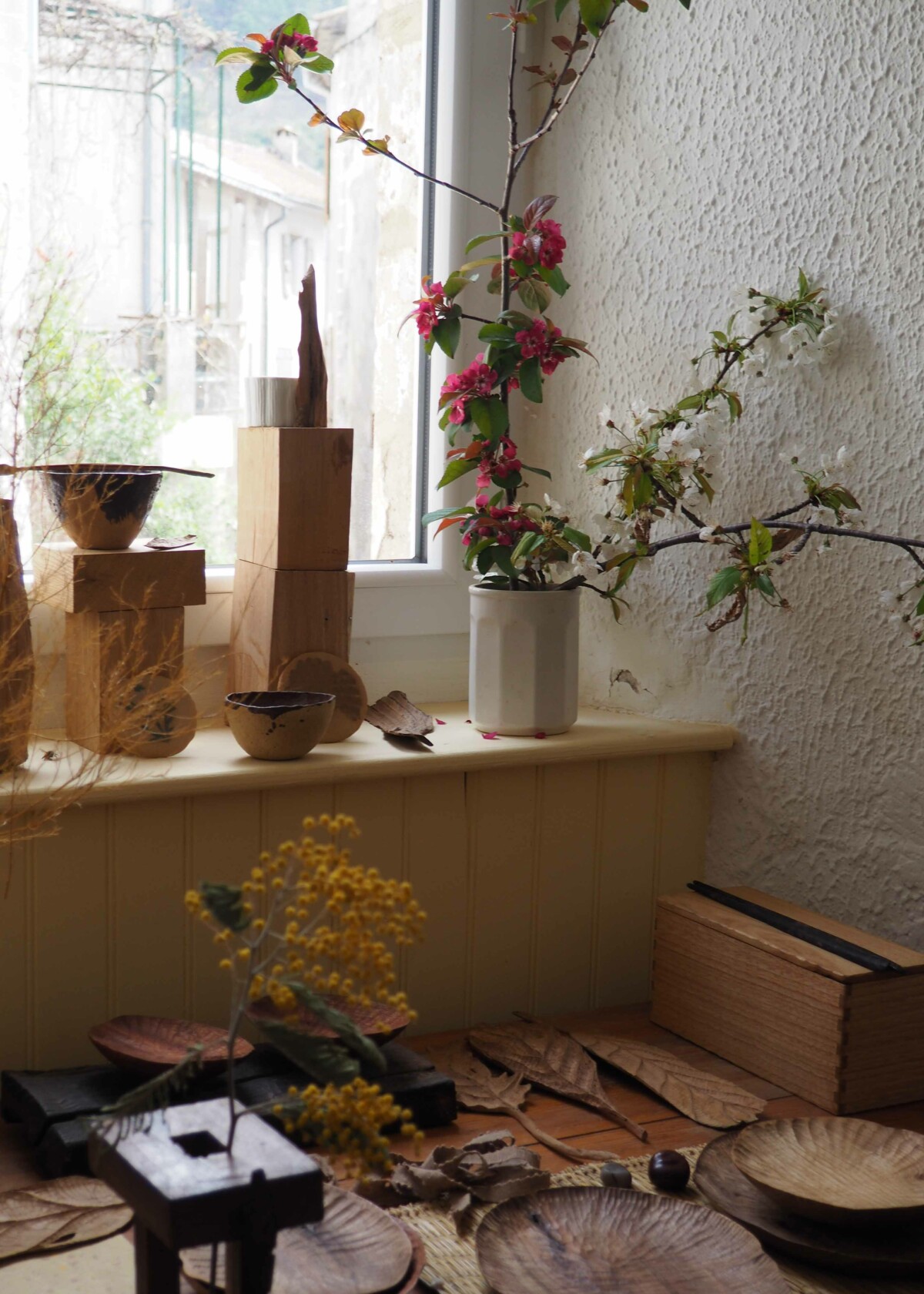
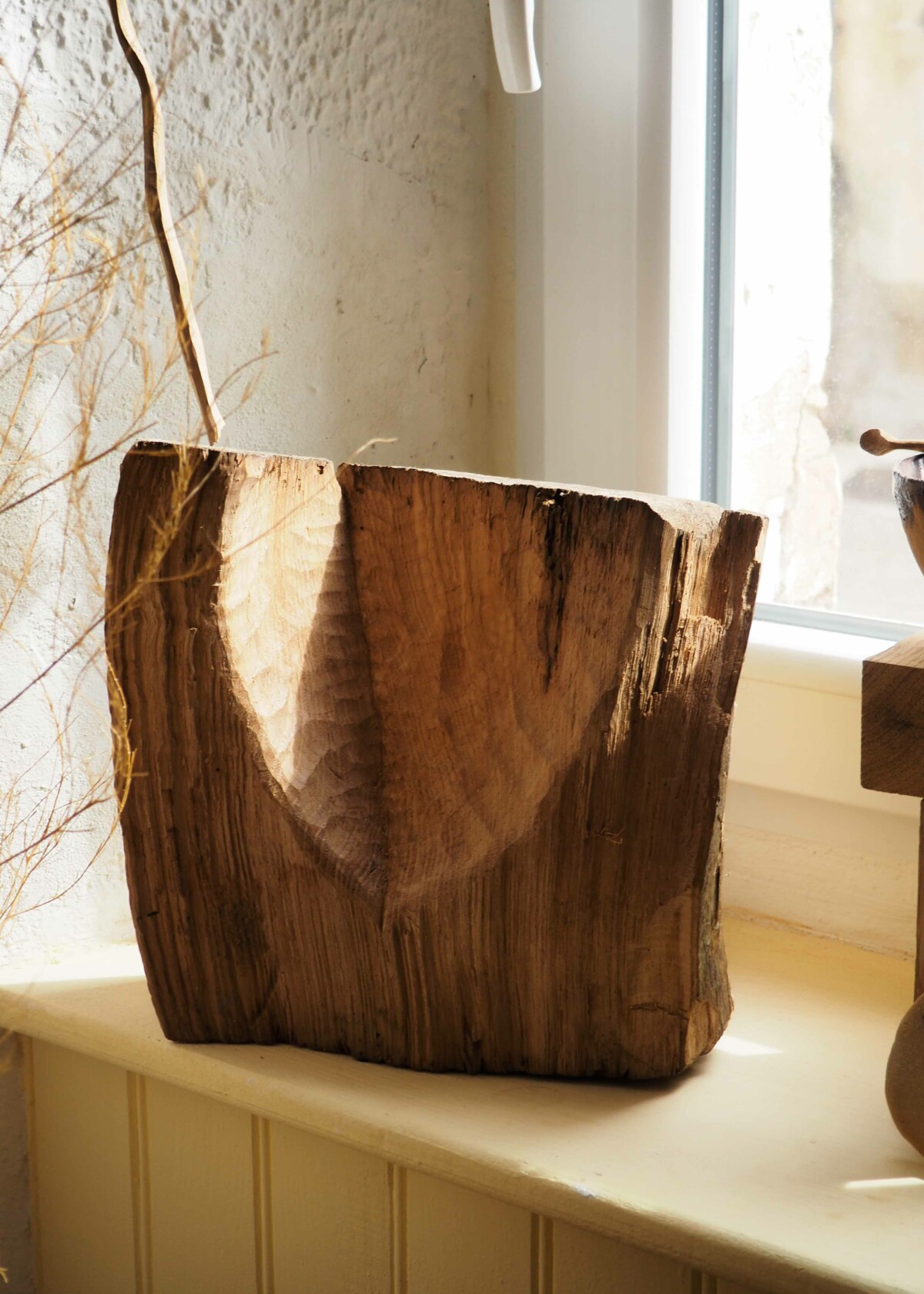
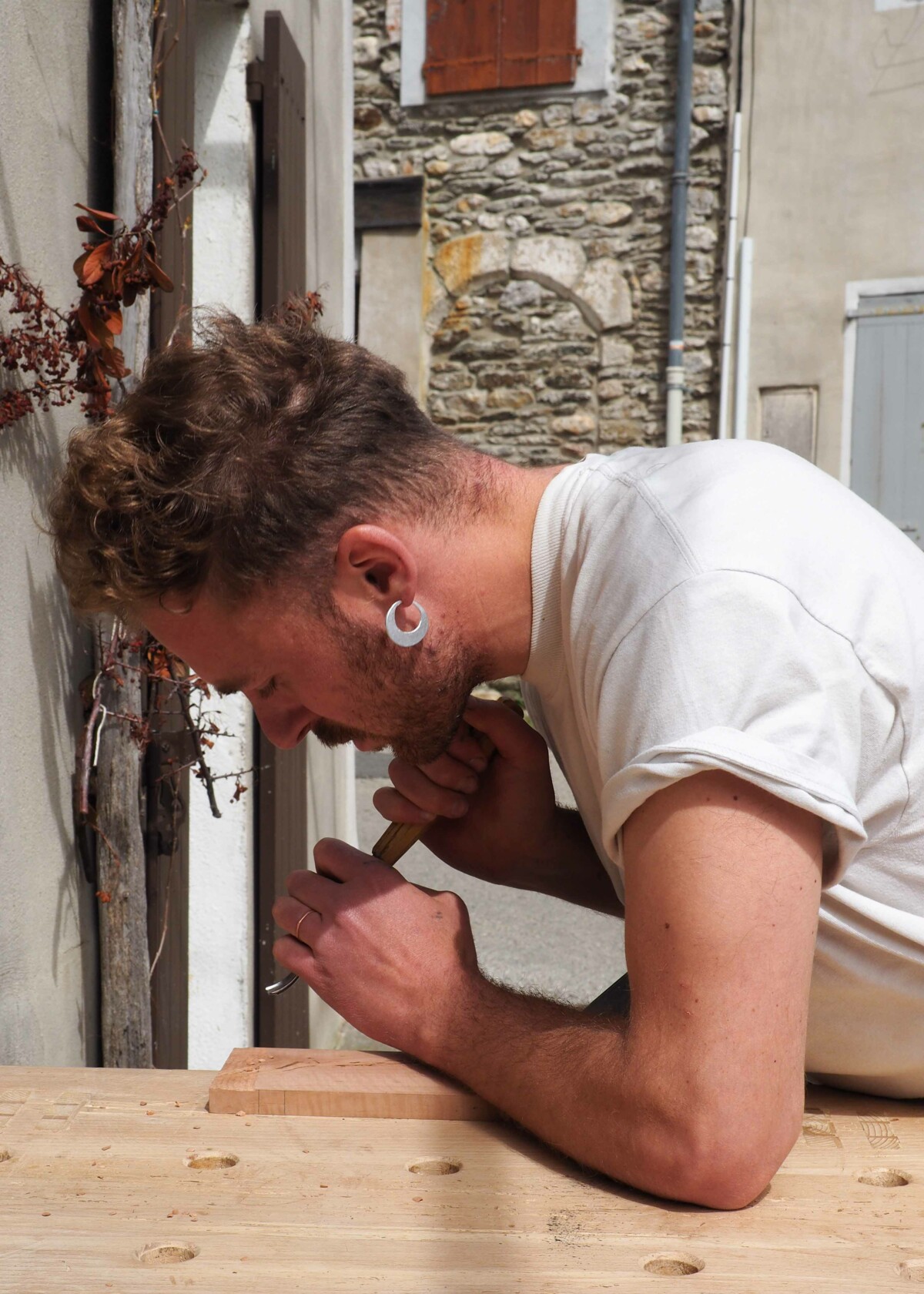
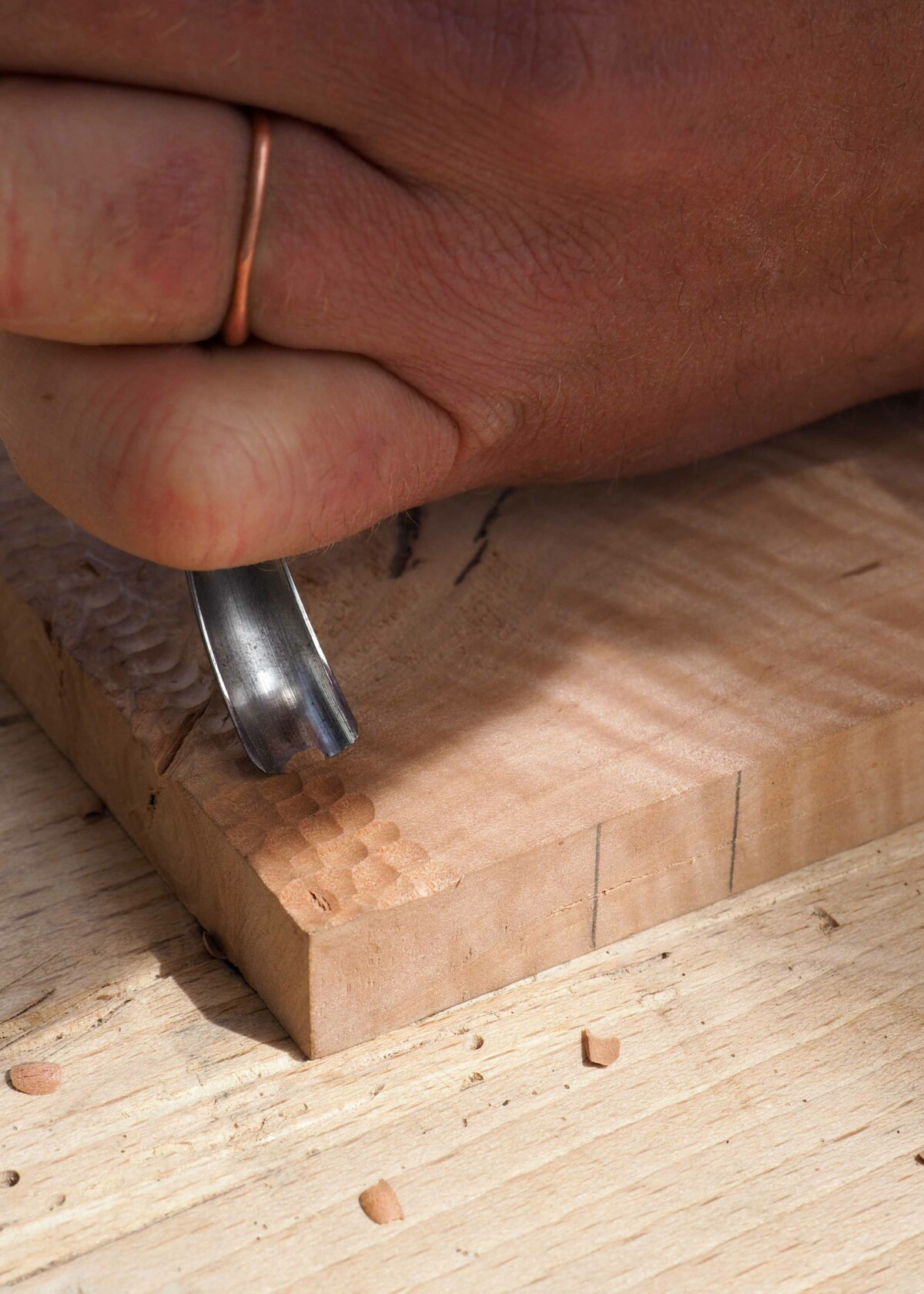
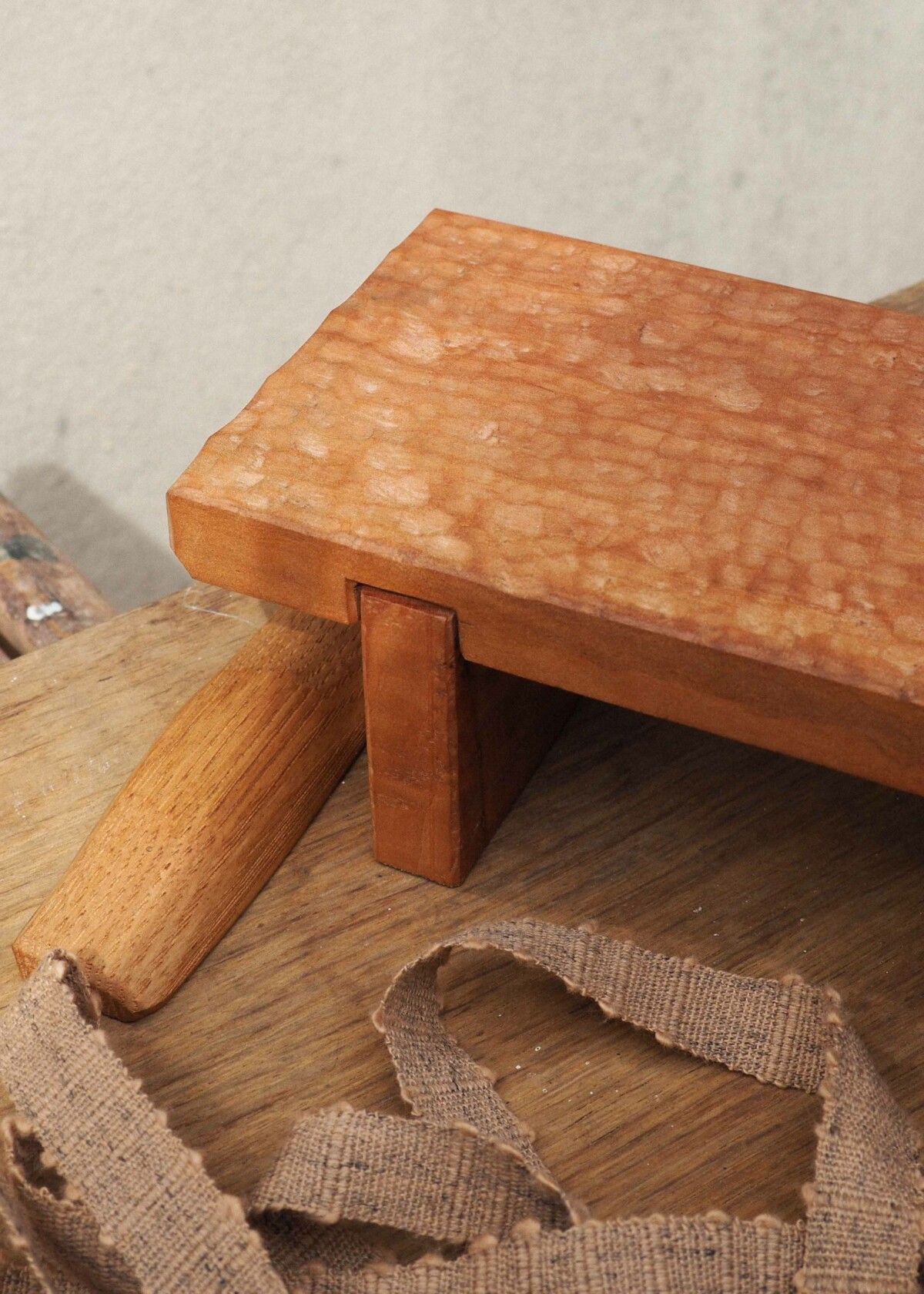
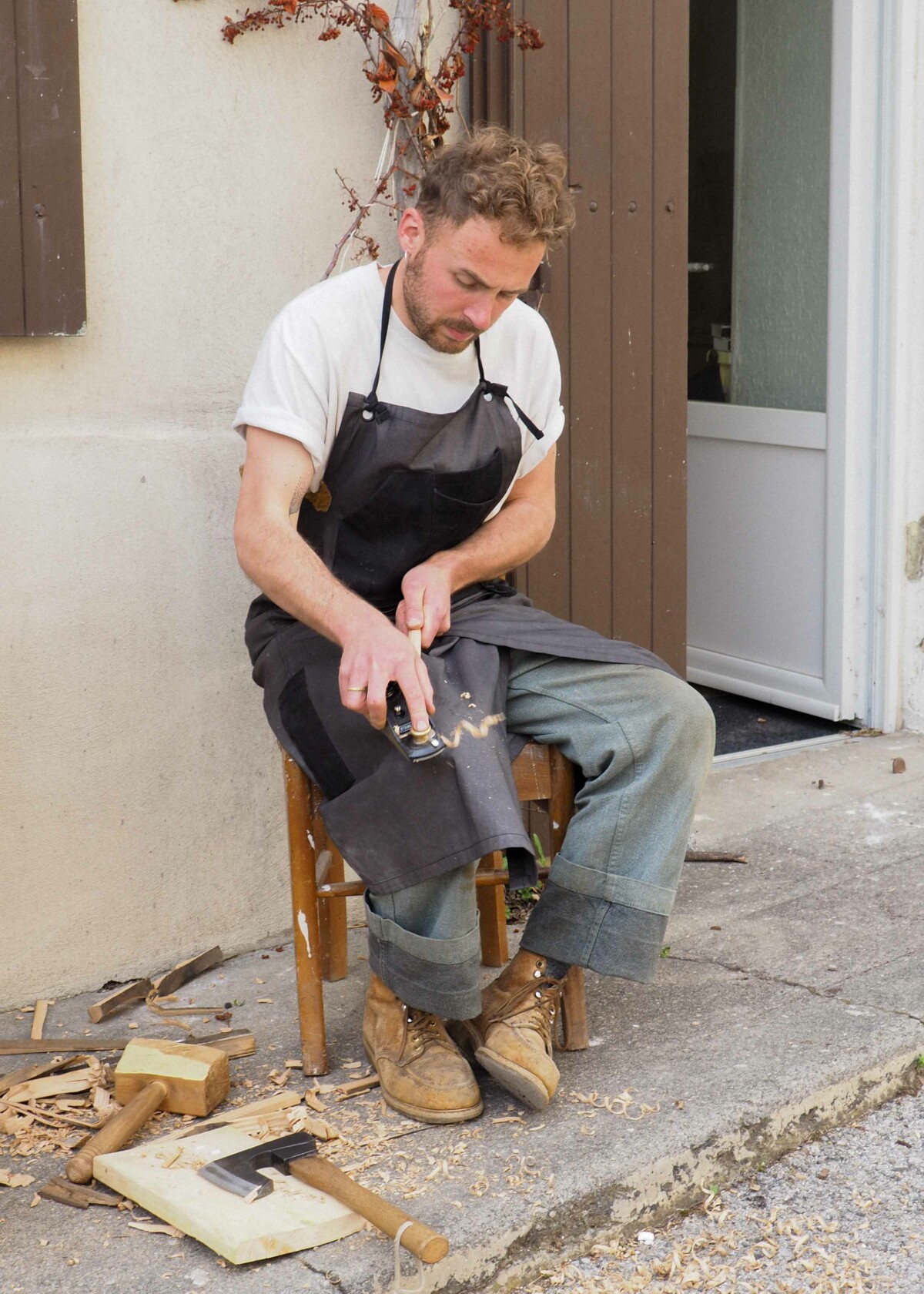
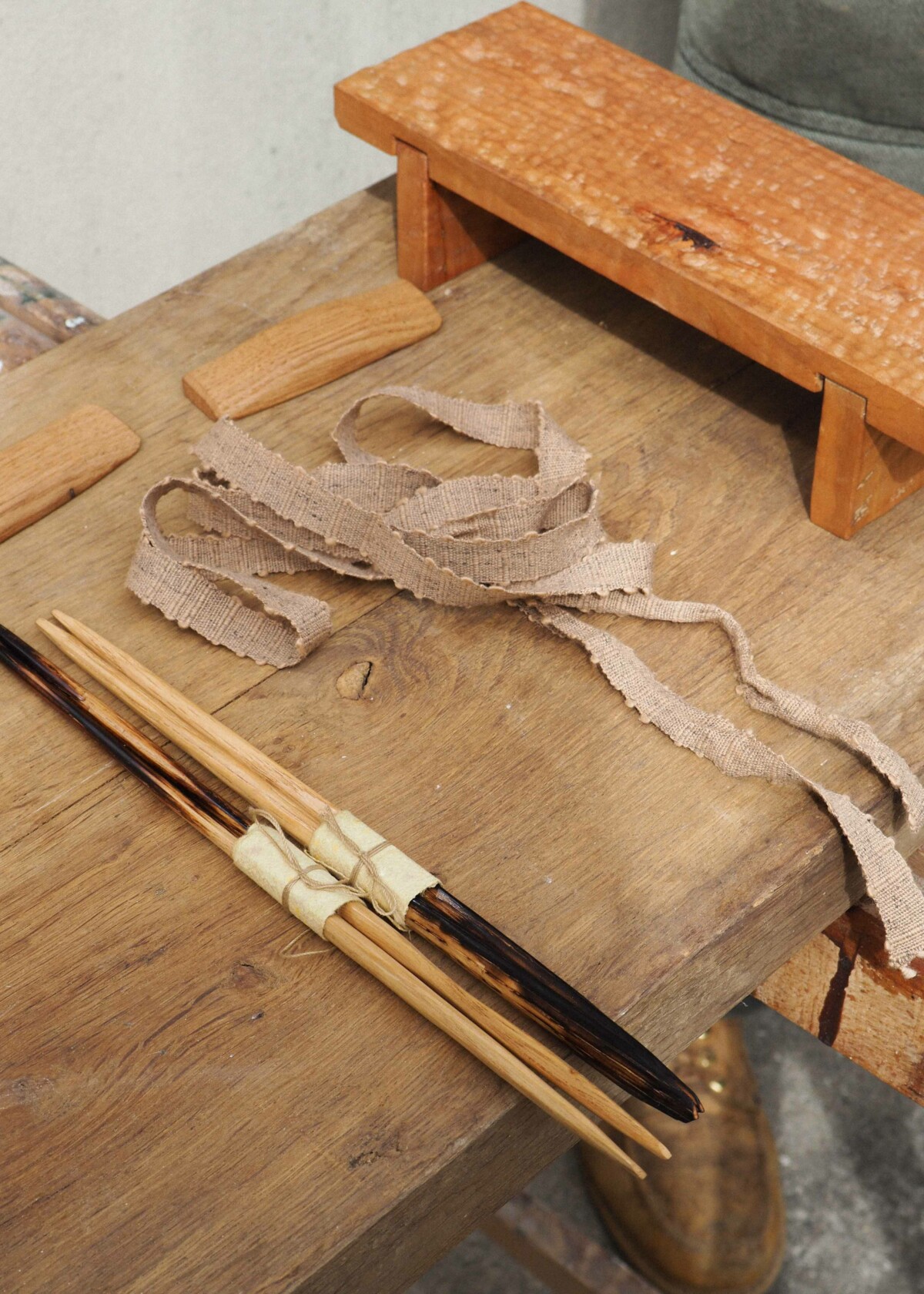
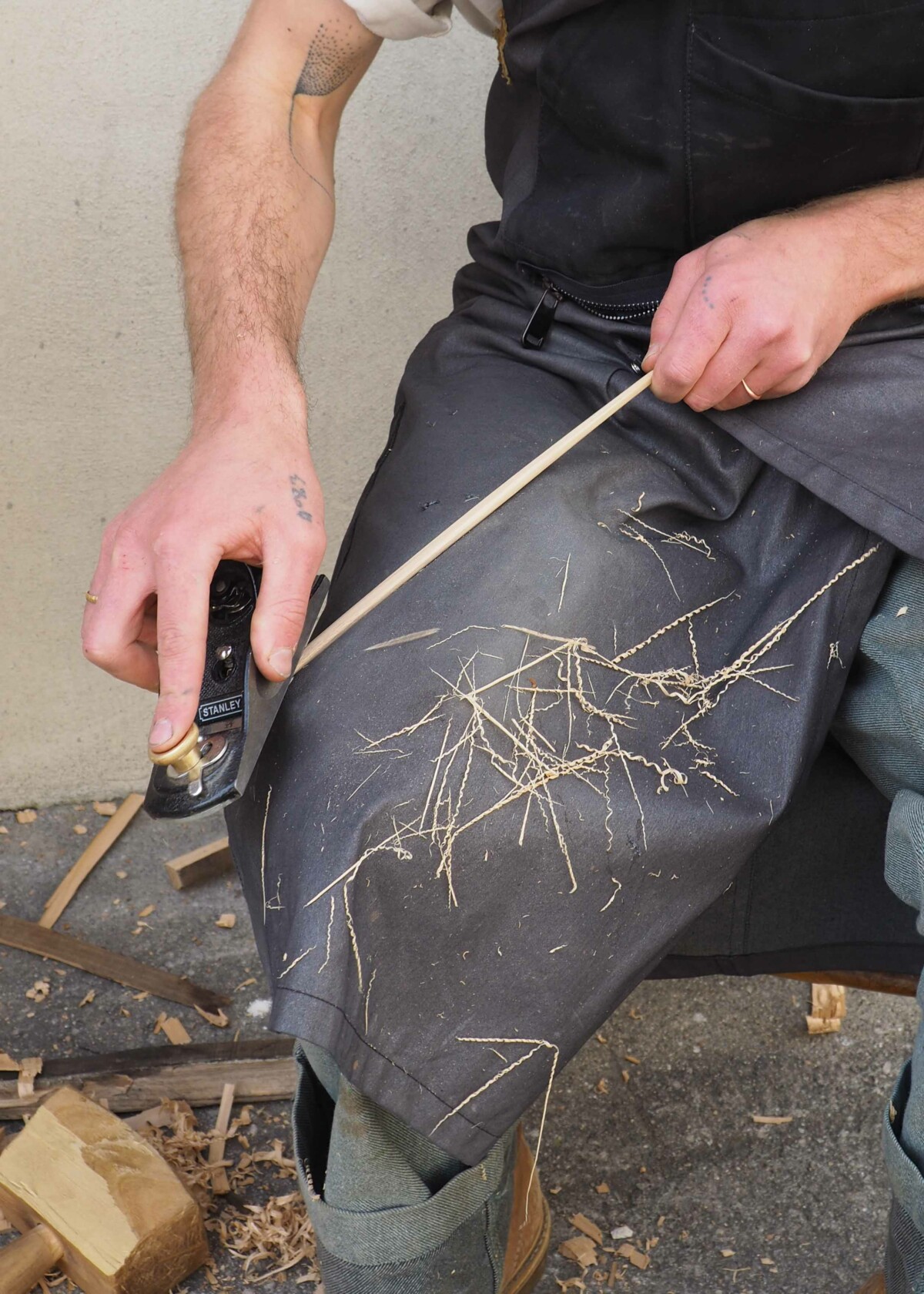
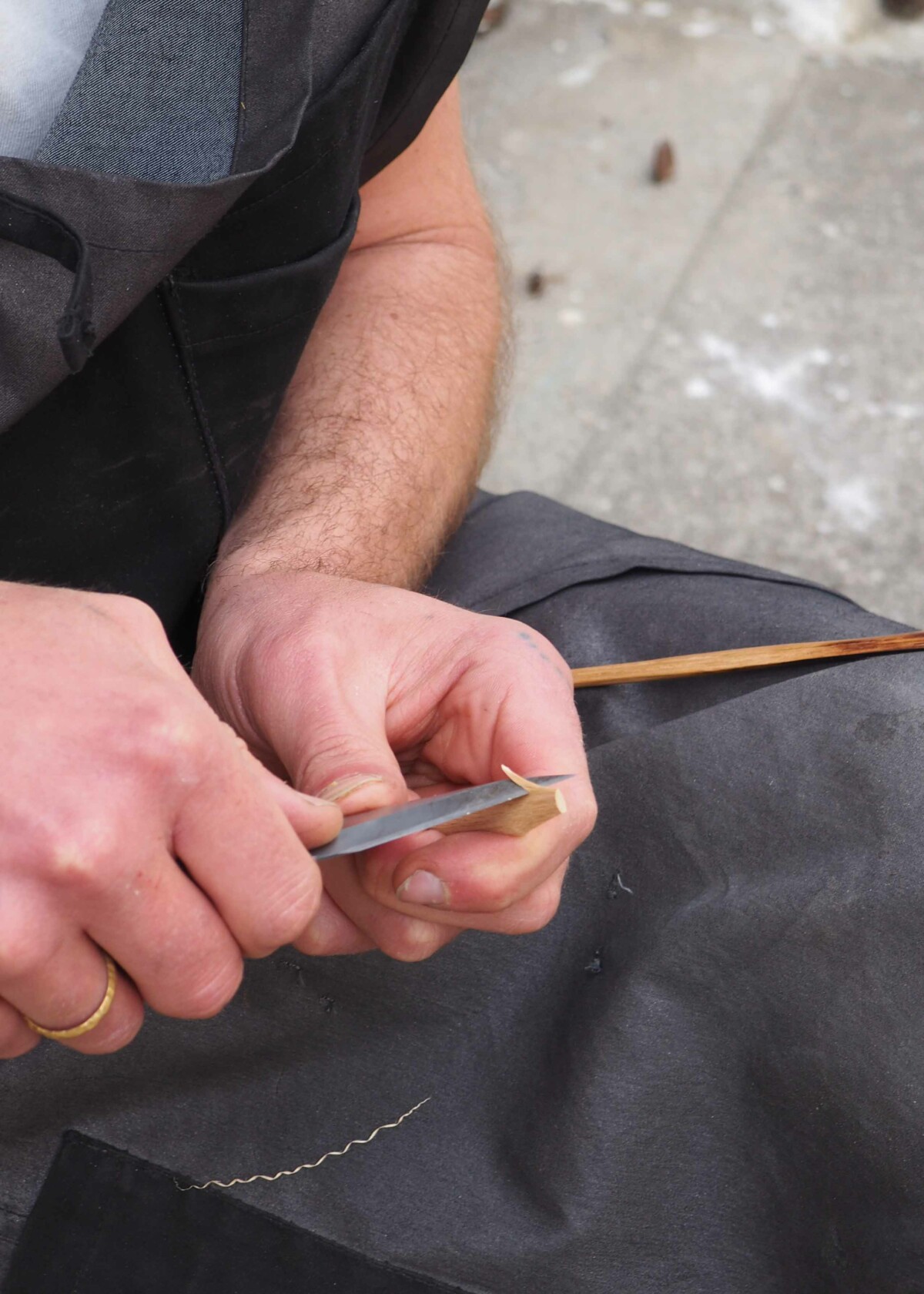
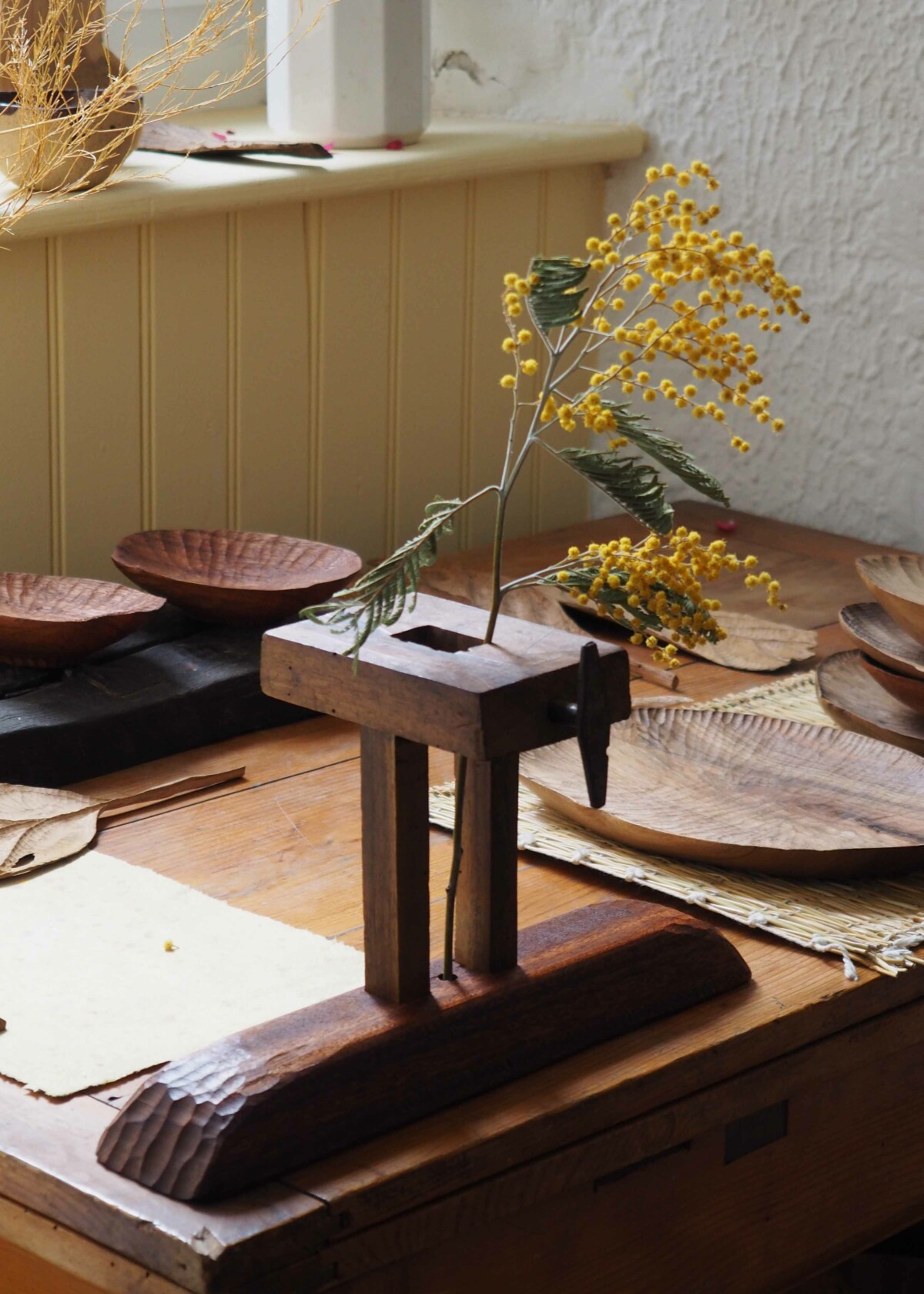
Victor giannotta Sepa

You seem to be constantly in motion and in flux. Could you tell us about your background?
In Paris, I started to dare to write. The notebook allowed me to formulate the way I see the world. Over time, it turned into travel literature and poetry. It spoke a lot about nature, from the outside. All these things brought me back to Franche Comté, to be proud of where I come from. A small village in Haut-Doubs. I found it hard to chart my course and tell myself that following Olivier de Serres, I was going to continue in DSAA, then in Master and finally in an agency. There was the opportunity, in these studies, to travel. So I went to Denmark where I worked in an object design agency, then a fashion agency where the activity was much more creative and made me want to get closer to the visual arts. In Fine Arts, I deconstructed what I believed in myself, discussed a lot with my classmates and became more and more interested in ancient craftsmanship, as well as Japanese Zen Buddhism. Gradually, the vise tightened towards more manual trades with wood. I had the chance to participate in an exchange with Japan, which totally messed me up. I could speak more freely about my almost personal relationship with objects. This relationship to the everyday object which becomes fantastic, unique and sacred has worked a lot for me. Following the exhibition carried out with the Japanese, I left the Fine Arts to return to Franche Comté to isolate myself for a year. I wanted to make things to try to make something out of them. More and more, I am heading towards the woods but I am not saying that next year or in ten years I will not be doing stone carving. I see myself developing my activity with other people by setting up a workshop for example. Today, with the carpentry training that I followed, I realize that the values that are conveyed in this world; the values of support, of shared, collective and solitary work; make sense. This is how I hope to build something.
Wood seems to be one of your favorite materials. What relationship do you have with him?
I am sensitive to other materials but the wood was obvious. I have always been surrounded by them. When I was little I lived in a chalet. It is a material that seems the most natural to me. It is linked to this whole family of materials which constantly surrounds us. Whether it is earth, stones and then wood.
Far from machines and industry, through your tools and your creative process, what universe are you looking to build?
It's a universe that I want to share. Like a set of objects, shapes, pieces of myself that I want to share. By making these kinds of objects, I gradually build a shelter where these things could exist more. Movement generates movement, it's like a mantra that I have written in my head, and which helps me to consider concrete situations: to have a space to apprehend the work in a much more serene way. I want to get out of these long-distance relationships, I want to be in the welcome, in the meeting, in the transmission.
Your universe is deeply rooted in the nature that surrounds you. Do you always work where you find the material ?
For the moment I do not have a fixed workshop, it is a rather itinerant workshop as I work with manual tools. I really like this way of working because I establish my work area everywhere. I want to adapt to where I am. Wood is a material of universal character because wherever you go, you will find it. Whether in the Cévennes, in Franche Comté or in the Pyrénées Orientales, in Holland or in Vietnam, there is always this material that exists and is available to infinity. I try to use the wood that corresponds to where I am. I try to understand, not my logic, but that of the environment in which I find myself and to adapt to that. I still remember where I found the wood. I try to convey the sensations from where I found it. It's almost imperceptible, it's difficult but it matters to me.
In your creative process, do you go through preparatory work, sketching or experiments?
I am rather instinctive. Maybe it's a way of chasing the design way where you draw your thing and then you do it. Gradually, depending on the knots, depending on the direction of the thread, the curves that there may be, it gets smaller, it deepens. I like the sensitive side of the material which means that things are not all straight. I don't want to do straight things myself, because it's unnatural, it's life.
Do you have the impression of magnifying the wood? To value the possibilities that nature offers?
I try to find abandoned pieces that would not be valued in the woodworking industry as we hear. I am currently doing a carpentry training course, we are taught to read wood, so that it is as beautiful as possible. I can understand that in the furniture but I don't want it to become my way of thinking, on the contrary. I like the pieces of wood that are a bit crooked even if this is not what you would expect and they are difficult to work with. I also try to make them possibly useful objects. I want them to be useful so that they pass through the hands. An object that speaks of where it came from.
Are you sensitive to environmental issues? To the preservation of local traditions?
I am very critical of the current timber production. Most sawmills have adapted to the species of wood cultivated en masse in France, and the range of native timber is greatly diminishing and difficult to obtain. The wood-related trades are disappearing, like the carpenter with whom I had the chance to work, who is one of the last craftsmen striving to work only with wood. He is called upon for restoration projects well outside his local scope of action, which raises questions about the number of traditional artisans remaining. My approach is to position myself against the tide. I don't want to make new things to make new things. I want to use materials that have been there for all time, that have not been valued in advance, and make them something that comes to be usable, that fits into life.
Interview by Barbara Roussel
Discover the Pique-Nippon box developed with Victor in our webshop.














- Location: France
- Website: https://sepaaaa.com
Share
